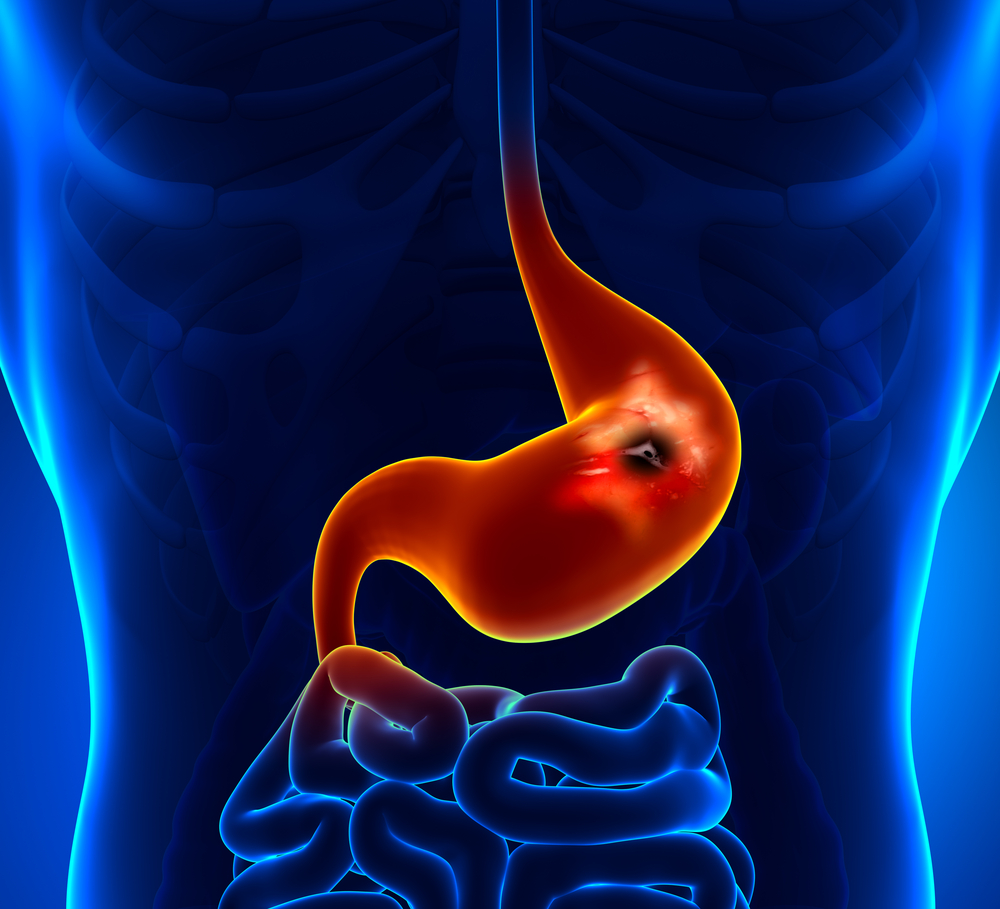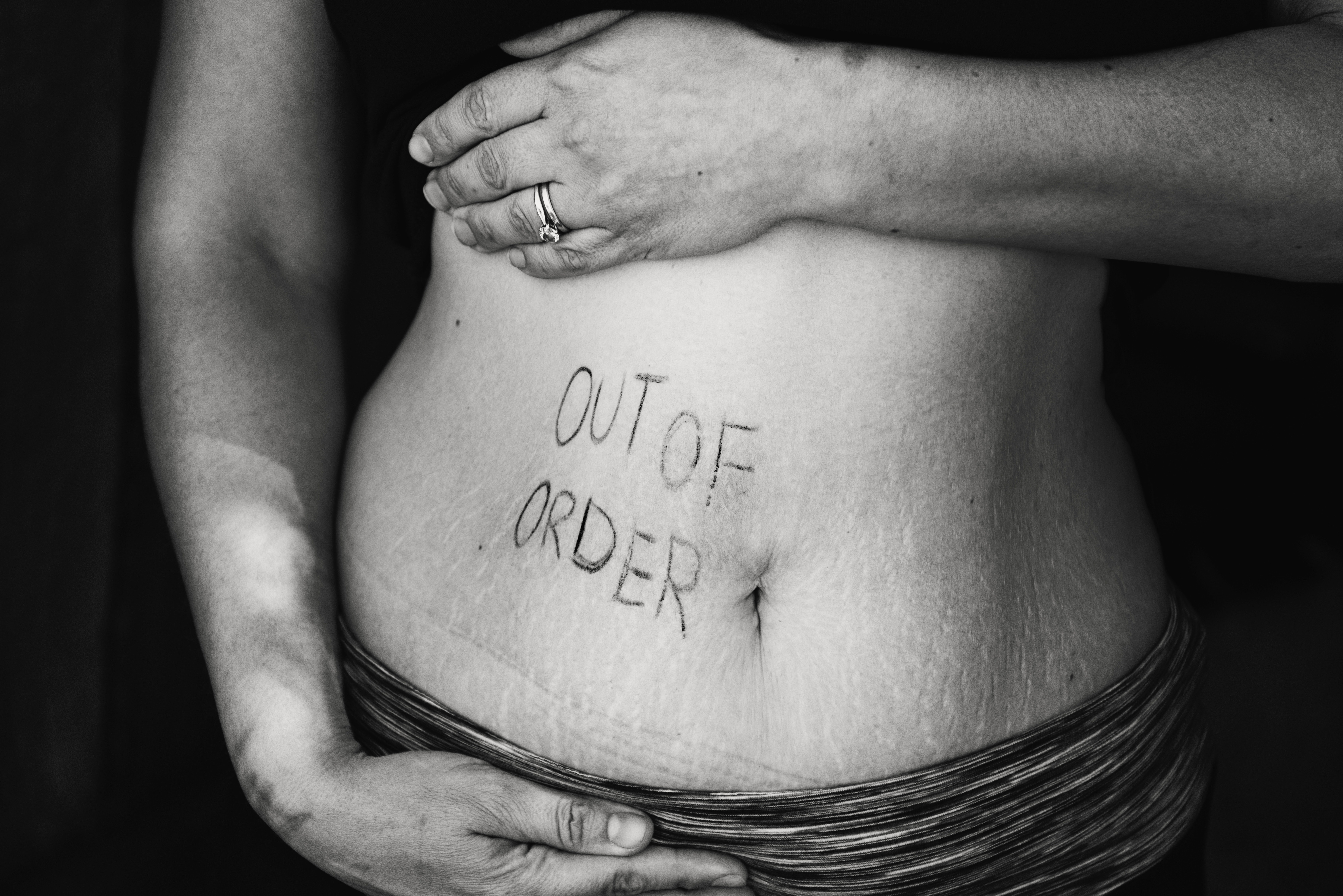Our Blog
Ways That I Can Help My Leaky Gut?

The gut is one of the most intricate systems in your body. It is commonly known as the gastrointestinal (GI) tract, digestive tract, or digestive system. Leaky gut is an illness that has become more widely known within just the last 5-10 years. Some physicians still do not consider it a medical diagnosis. Proper diagnosis and treatment for leaky gut is complex as research on this matter continues.
What is Leaky Gut?
The gut is comprised of the small intestines, colon, rectum, gallbladder, liver, pancreas, stomach, esophagus, and mouth. Medical studies continue to focus on research related to the effects of the gut on other areas of the human body, such as your heart and brain. Even though medical science is well aware of the leaky gut condition, there is still much to learn about the impacts the condition can have on your overall health.
Before you can heal a leaky gut, it is crucial to understand what it is and how it develops. Your body’s intestines contain millions of cells that function as the barrier for your body’s bloodstream. This barrier is responsible for controlling absorption and filtration. An unhealthy gut causes this barrier to become weak and function poorly. “Holes” begin to develop in the barrier, creating a pathway for various bacteria and toxins, as well as partially digested food, to make their way into the bloodstream and circulate throughout your body.
Poor diet and genetics are two of the most common factors that play a role in the failure of your guts barrier. Unhealthy and unbalanced diets high in unhealthy fats, sugars, as well as gluten can weaken the gut lining. Some have this problem from birth as a result of genetics. Age can also be a reason. As the body ages, repeated damage to the barrier can occur and the body is no longer able to heal itself, leaving the gut vulnerable.
Symptoms of a Leaky Gut
Below is a list of common symptoms associated with a leaky gut condition:
- Digestive issues
- Hormonal imbalance
- Autoimmune diseases
- Thyroid Issues
- Mood Disturbances
- Skin conditions
- Joint pain
- Food allergies or sensitivities
There are many conditions linked to a leaky gut. Even diagnoses like autism, lupus, and arthritis have been linked to the leaky gut syndrome.
How to Heal Leaky Gut Symptoms
Since a single cause is difficult to determine, it is important to share the symptoms you’re experiencing with your provider. Treatment approaches can vary, but the most common recommendation involves a combination of diet change and supplementation. Below is a list of things you can try to help ease your leaky gut symptoms:
Identify What You’re Eating
Low fiber foods can cause a leaky gut. Increasing your fiber and making sure that your diet consists of fruits and vegetables will boost your immune system. This allows your body to treat your leaky gut naturally. Foods that are high in probiotics are also essential to include in your diet. Additionally, be sure to include healthy fat. Healthy fats can be found in fish, meat, eggs, and yogurt. Fatty acids will help repair the compromised cells that make up your gut lining.
Recognize Foods You Should Avoid
Avoiding certain foods is just as important as consuming healthy foods. Certain foods cause inflammation in the body and can also damage healthy bacteria. These unhealthy foods disrupt the microbial balance within the gut and increase the number of harmful gut bacteria.
It is important to avoid excessive junk foods containing artificial sweeteners, surgery drinks, refined oils, processed food, and alcohol. These foods compromise the guts’ protective lining. Wheat products like cereal, pasta, and bread can also be problematic. There are some processed foods to consider avoiding, like candies, soft drinks, sweets, and processed snack foods. Hot dogs, deli meat, pizza, and bacon can also cause flare-ups in many people.
These commonly consumed foods can harm your gut. When experiencing leaky gut symptoms, it’s a good practice to keep a food log and track what you consume. This will make it easier to pinpoint what causes flare-ups of symptoms. Discussing these issues with your doctor will help identify even potentially harmful foods impacting your gut health.
Consider Supplementation
Combining a healthy diet with the right combination of supplements can go a long way in recovering from a leaky gut. Natural anti-inflammatories, calcium, iron, and vitamin D are known for helping with a leaky gut. Additionally, a healthy mixture of zinc, l-glutamine, collagen peptides, and probiotics is also helpful.
Be Patient
Healing your leaky gut can take time, as this issue doesn’t just develop overnight. Some results are seen in as few as four weeks, while others may take from six months to a year to see results. It is all dependent upon the severity of symptoms you are experiencing.
Contact Us Today For Help With Digestive Issues
Contact The Gut Authority today and let us help you to see if a leaky gut is part of your problem. We want you to achieve optimal health and live your best life. We are located in Daphne, Alabama, and serve clients from Pensacola, Florida, the Mississippi gulf coast and throughout southern Alabama. Call us today!




